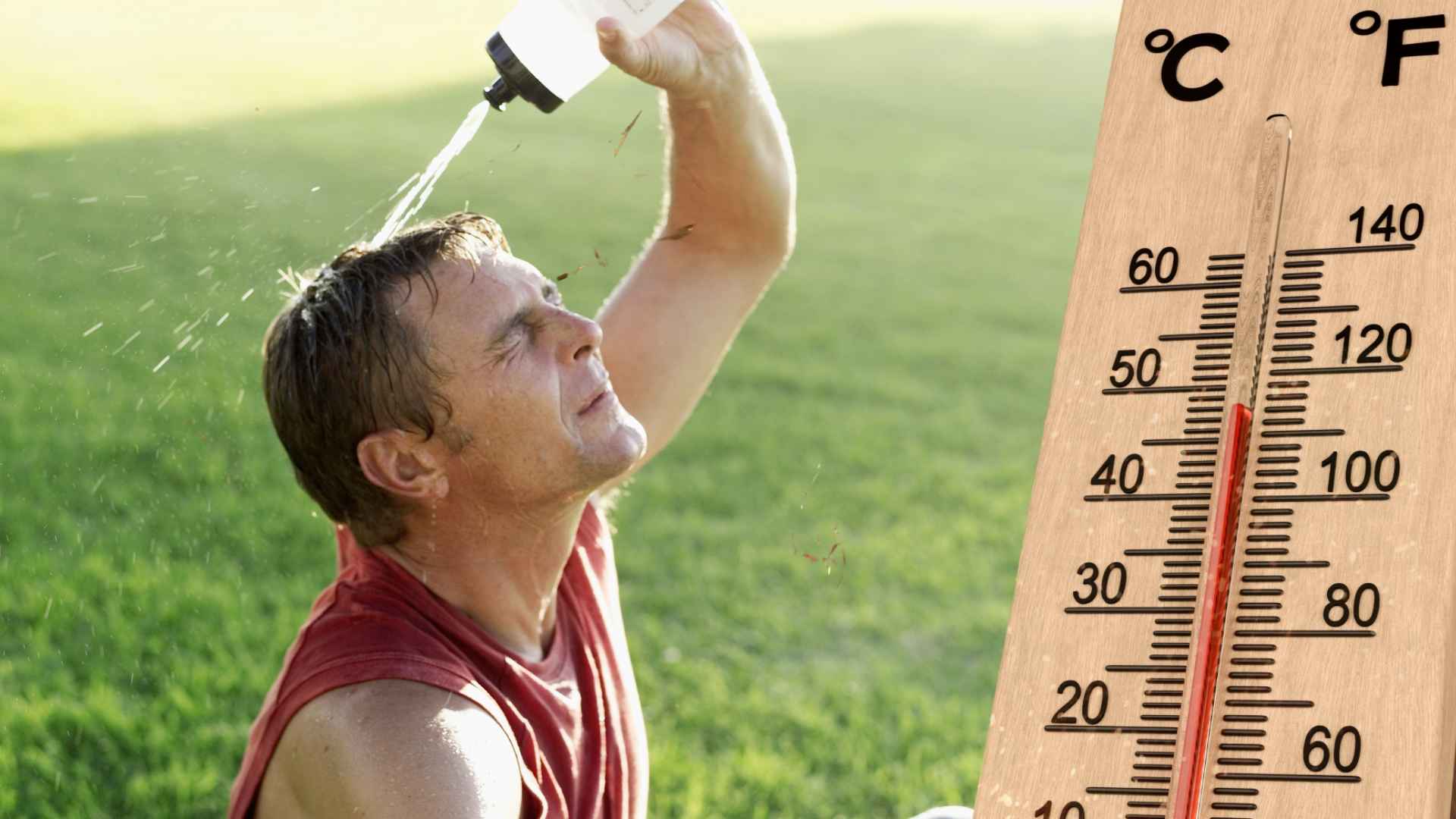Chicago, New York and dozens of other cities brace for triple‑digit feels‑like readings.
An unusually strong dome of heat is sliding east across the United States, and federal forecasters say it could lock the Midwest and Northeast into 90 °F‑plus afternoons and steamy nights through early next week. Tens of millions will face dangerous conditions, with humidity pushing heat‑index values beyond 105 °F in some spots.
Extreme temperatures and humidity expected across major midwestern and northeastern cities next week
NOAA calls the event “dangerous and widespread,” while the National Weather Service (NWS) has posted excessive‑heat warnings and watches from Omaha to Boston. High‑pressure aloft is trapping warm, moisture‑laden air near the surface, turning large population centers into virtual pressure cookers. How hot could it get? Central Park may flirt with 100 °F for the first time since 2012, and Chicago’s Midway Airport could challenge records set half a century ago.
Older adults, young children and people without reliable air‑conditioning face the greatest risk. “Summer 2025 has arrived with a bang,” NOAA wrote, urging residents to limit outdoor activity during peak afternoon hours. Simple ways to beat the heat:
- Drink water steadily, even if you don’t feel thirsty.
- Wear light, loose‑fitting clothes and a wide‑brimmed hat.
- Check on neighbors who live alone or lack AC.
- Never leave pets or kids in parked cars.
- Move strenuous tasks to early morning or late evening.
Potential to shatter decades‑old June records in Chicago, Philadelphia and New York City
Meteorologists expect several long‑standing benchmarks to topple. Philadelphia hasn’t seen 100 °F in June since 1994, yet models now hint at 101 °F by Monday. Do you remember the last time Kansas City touched 103 °F before Independence Day? It was 1980.
| City | Forecast High (°F) | Record High for Date (°F) |
|---|---|---|
| Chicago (Midway) | 99 | 98 (1954) |
| New York (Central Park) | 100 | 98 (1925) |
| Philadelphia | 101 | 100 (1994) |
| Kansas City | 103 | 101 (1980) |
| Detroit | 97 | 96 (1988) |
Expect muggy overnight lows in the upper 70s—meaning homes without cooling may never fully shed the daytime heat.
Health officials urge quick action to stay safe during prolonged nighttime heat and poor air quality
Public‑health departments caution that persistently high temperatures, coupled with stagnant air, can worsen ozone and particulate pollution. Hospitals in previous heat waves saw spikes in heatstroke, dehydration and respiratory distress. Consequently, city leaders are opening cooling centers, extending pool hours and suspending utility shutoffs.
“If you feel dizzy, weak or nauseated, move to a cool place and call 911,” the NWS advised. On the other hand, those who prepare—by stocking water, planning indoor activities and watching local alerts—can ride out the spell with minimal risk.
A rare June heat wave is on the doorstep, poised to rewrite the record books. Stay informed, stay hydrated and look out for one another until the pattern finally breaks.

